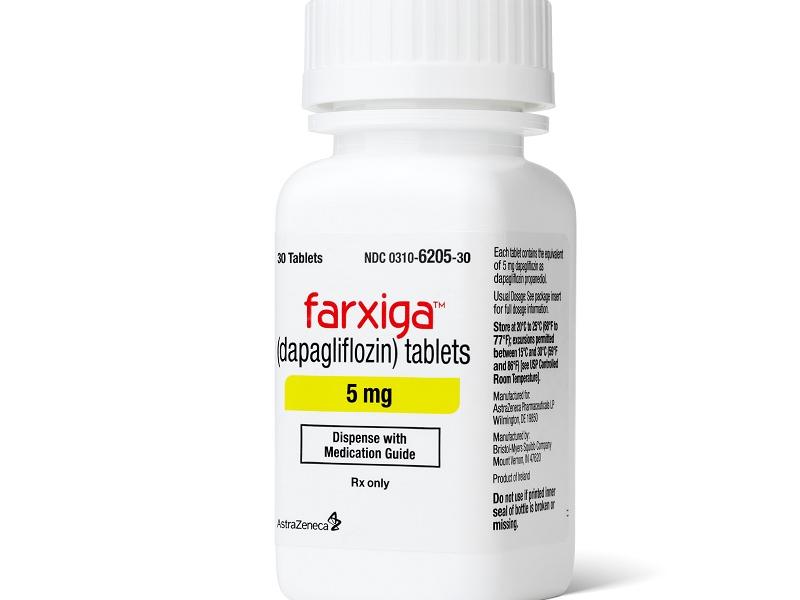
By Reuters
Data from a late-stage research to test if AstraZeneca’s diabetes drug Farxiga could treat patients hospitalised with COVID-19 and at risk of developing serious complications fell short of its main goals, the drugmaker said on Monday.

The Farxiga data did not achieve statistical significance in cutting the risk of the disease worsening and death in such patients, the Anglo-Swedish drugmaker said.
AstraZeneca has had a rollercoaster ride with its coronavirus vaccine, as nations restricted its use after European and British regulators confirmed possible links to rare blood clots.
However, the company has also been working on developing new treatments and re-purposing existing drugs to prevent and treat coronavirus infections.
In the Farxiga study, the drug was given over 30 days in a global trial of 1,250 patients hospitalised with COVID-19, in addition to the local standard of care, AstraZeneca said.
Patients in the trial also had a medical history of hypertension, cardiovascular disease and heart failure, type-2 diabetes or chronic kidney disease.
The trial did not achieve statistical significance for the main goals of prevention and recovery at 30 days, but AstraZeneca said the safety and tolerability profile was consistent with the medicine’s established safety profile.
One of the company’s other treatments is an antibody cocktail called AZD7442, designed to treat the disease rather than prevent it as the vaccine aims to do.
The treatment, which is in late-stage trials, is one of several being developed for COVID-19, including efforts by rivals Moderna Inc and Eli Lilly.
In March, AstraZeneca said it would supply up to half a million extra doses of the antibody cocktail to the United States, building on an October 2020 contract for initial supplies of 200,000 doses, for a value of $726 million.